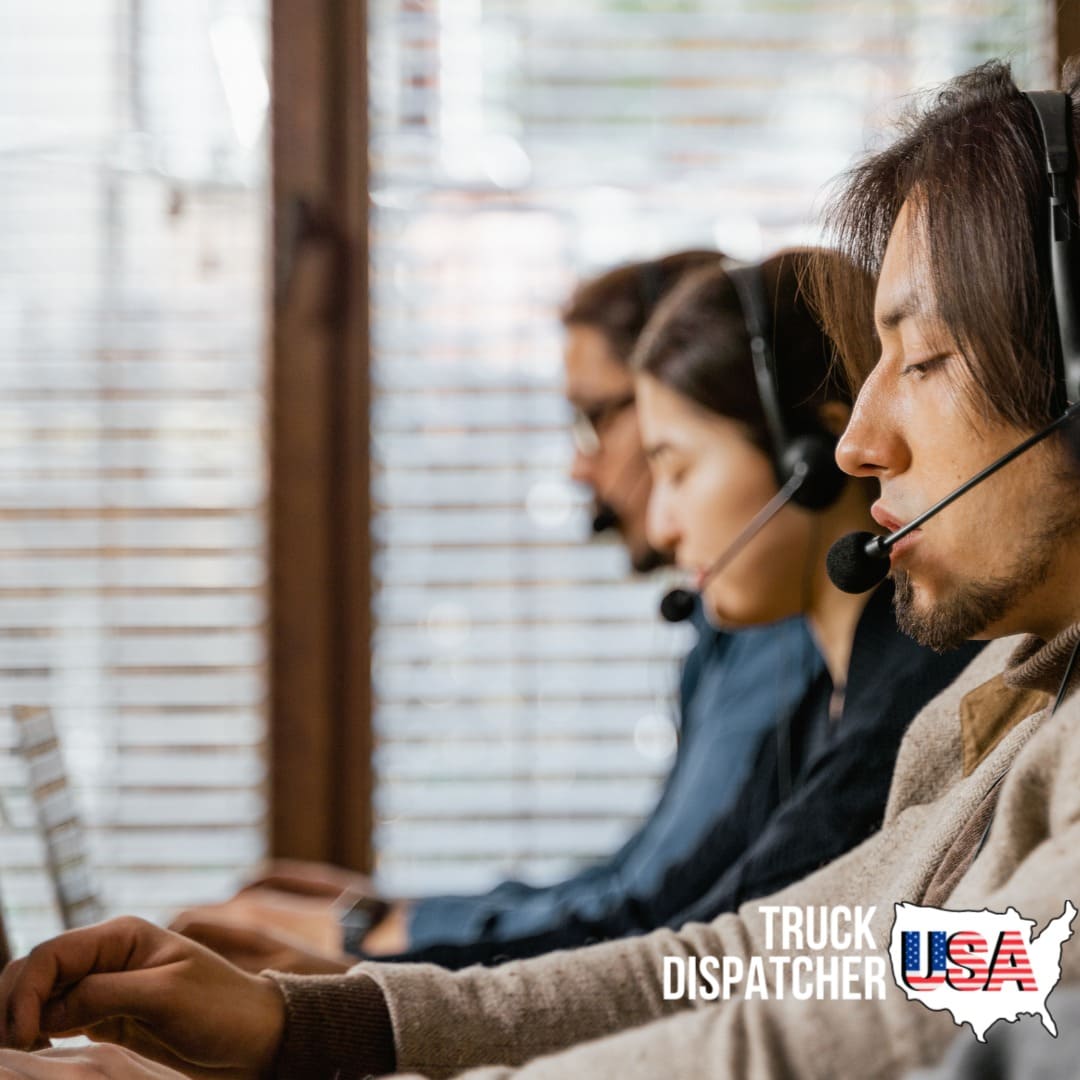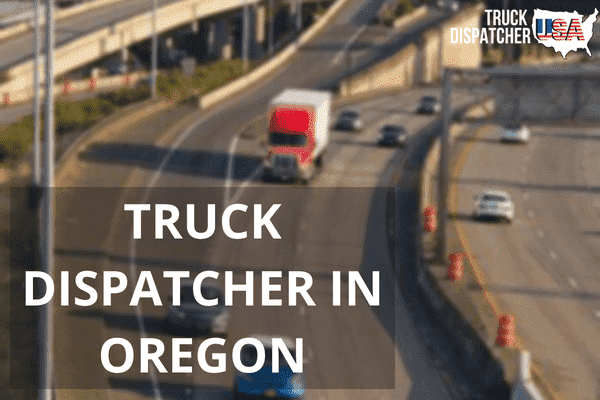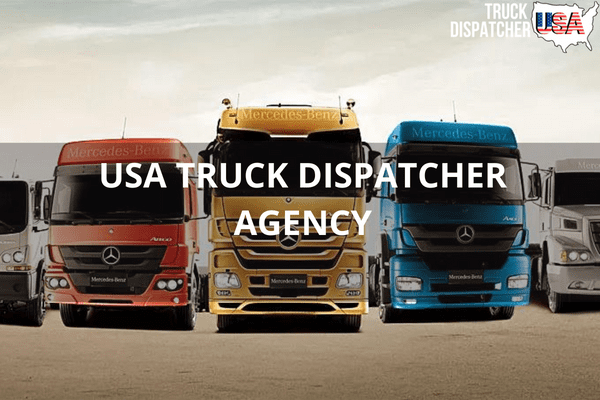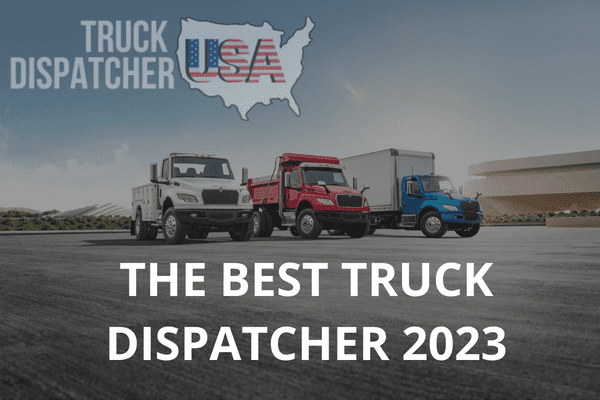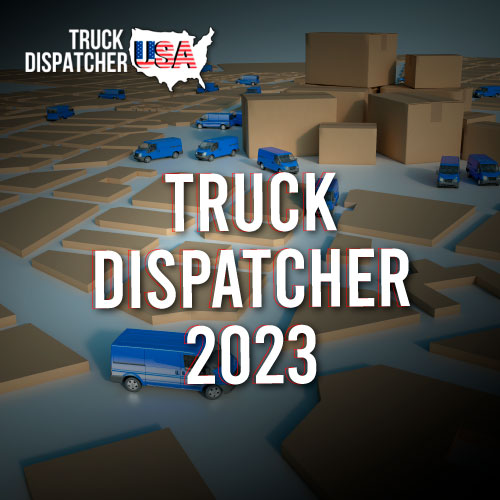The best truck dispatcher in 2023 Truck dispatching companies provide helpful services to those in the transportation industry. With the best service, you can yield a number of beneficial services.
A dispatching service can assist the process of managing freight on behalf of owner-operators or carriers. From finding loads and communicating with brokers to mapping routes and so much more, truck dispatching companies offer unmatched help.
To guide you in your search for the best service for you, take a look at the best truck dispatching company options below. The Best Truck Dispatcher in 2023
Top 20 Freight Brokerage Companies
We are not ones to shy away from this question because we have been around long enough to know there is not a one size fits all answer to their inquiry. Our belief is that transparency gives our buyers data to assist in their journey in finding the best possible fit for their business requirements.
- CH Robinson
- Total Quality Logistics
- XPO Logistics
- Echo Global Logistics
- Worldwide Express
- Coyote Logistics
- Landstar System
- Mode Transportation
- Schneider
- GlobalTranz Enterprises
- JB Hunt Integrated Capacity Solutions
- Hub Group
- BNSF Logistics
- KAG Logistics
- Yusen Logistics (Americans) Inc.
- England Logistics
- Transplace (now part of Uber Freight)
- ArcBest Corporation
- Allen Lund Companies
- Redwood Logistics
What Is a Truck Dispatch Company?
Truck dispatching companies help with scheduling freight deliveries and arranging for pick-ups. Whether for a percentage of each load or for a flat rate, these companies can keep owner-operators and small trucking companies busy by finding and negotiating loads for them.
Dispatch companies can schedule truck drivers, communicate shipping details and arrange other information with shippers. You’ll also receive efficient driver routes and back office support, which will reduce the overall paperwork that your company has to worry about or complete.
While the core service offered by dispatch companies is the ability to find freight loads, most companies offer a wide array of other services. For instance, compliance checks and customer service are common services that they provide. The Best Truck Dispatcher in 2023
How Does a Truck Dispatcher Company Work?
When you work with a truck dispatching company, you’ll get to partner with a company that works on your behalf. These trained and skilled professionals review load boards or use business connections to find high-quality loads.
From there, they typically negotiate rates and details for those loads. Your dispatch team will also handle all of the details involved in the freight process as well.
Most dispatchers utilize computer software that tracks deliveries when they are en route. That way, they can communicate information between shippers and carriers alike to make sure the goods arrive within the promised timeline. Equally so, the other goal is to deliver the items in good shape as well.
If an issue arises, the dispatch team will offer support and assist drivers who need to be rerouted. They will also communicate with the shipper about weather delays or vehicle problems that might impact the terms of the contracts as well. The constant stream of communication that shippers engage in can help carriers provide better customer service to shippers, resulting in high-quality, long-term relationships.
Factors To Consider With Truck Dispatch Companies
As you evaluate whether you want to hire a dispatch company or opt for self-dispatching instead, consider the following factors. Doing so can help you find out which company provides the greatest value and has the highest potential of benefitting your company.
While self-dispatch can ensure that you keep all of the profits your company generates, spending money on a service can ensure that you receive the highest quality loads at the best price. It can also improve the customer service that you provide to shippers. Also, with route planning and back office support, you might find that hiring a service will improve your company’s efficiency as a whole.
Customer Service
Without impeccable customer service, you’ll struggle to maintain your relationship with shippers. By using a dispatch service, you can increase your communication with shippers and ensure you meet the expectations outlined in your freight contract.
Just keep in mind that the dispatch service will represent you and your company when communicating on your behalf. So, as you look for the best partner to pair with your business, ensure that the company is skilled at interacting with customers and completing all paperwork with utmost levels of accuracy The Best Truck Dispatcher in 2023
That way, you won’t be worried about the fact that the team is an extension of you and your business. As such, it will represent your business effectively.
Services Offered
Truck dispatch companies offer a wide variety of additional services that are designed to meet the needs of various trucking businesses, no matter their size or type. While you might not think you need a certain service now, consider how those services might serve you in the future as you evaluate dispatch companies.
The most basic services that dispatch companies offer are booking loads and scheduling deliveries. That said, some advanced services that you might consider requesting if your dispatcher provides them include planning routes, hiring drivers and interfacing with end customers.
Take some time to learn all about the dispatch services you’re thinking of working with before you select one as your partner. That way, you can ensure that your business is future-proofed The Best Truck Dispatcher in 2023
Cost
Dispatch services vary greatly in terms of how much they cost and how they go about processing bills. Some companies will take a percentage of the total revenue they bring in for your company, while others simply charge a flat weekly or monthly fee. A third option is when companies scale their pricing based on load types and volumes.
Ultimately, you will want to make sure the company’s fees are affordable for you and your business. Consider the expenses you are already responsible for and decide if you can afford to reduce your per-load profit margins.
While this may be hard to factor in, many dispatch companies are expert negotiators and they can secure higher per-mile rates. Oftentimes, these increased income levels help services pay for themselves.
Additionally, services can also aid in the process of ensuring that your business stays busy, which can mean you have an influx of income. This is yet another financial factor to consider.
Contract
Some dispatch services require a contract. That contract can be short, as is the case of a week when billing a flat weekly rate. They can also be longer, such as contracts that last for a month or even a year.
Longer contracts require more commitment. For newer or smaller operations, this might be more challenging since you’re still going to be so unsure as to what the future holds. That said, consider how long you can commit to paying for the service when reviewing your options.
Broker Credit Check
Freight brokers have a broker credit score, which is different from traditional credit scores. Still, this score specifically relates to the trucking industry. It can help truck drivers and carriers decide on how risky it will be to work with the broker.
The score factors in a number of key elements, like the number of days it generally takes for the broker to pay after the driver completes the load. You will want to ensure that you work with brokers who have high broker credit scores.
Many experts in the industry recommend only working with brokers with scores of 87 or higher. However, at the end of the day, you should always evaluate your own risk factors when deciding what is best for you.
Secure Better Rates and Stay Busy With a Dispatch Service
Truck dispatching services offer many great benefits to owner-operators and carriers alike. Above all, the greatest benefit is that they can often secure higher rates, which will then help companies pay for the dispatch service.
Additionally, your trucking business will stay busy with the types of loads that interest you the most, which can mean your bottom line receives a boost as well. Make sure you review the aforementioned list of the five best dispatch options when looking to choose the one that is best for your business.
FAQ
How Do Dispatchers Find Loads?
Dispatchers work with brokers and load board scouts to find loads. Sometimes they will represent shippers directly to book loads. Dispatchers also often search load boards themselves or enter your truck data directly into load boards.
Should I Hire a Dispatcher?
That depends on your business needs. Dispatchers can smooth communication between parties and ensure loads are ready when you are, improving business efficiency. However, whether the rates they charge are worth the service is unique to every business and depends on priorities and current load volume.
How Much Does a Truck Dispatching Service Cost?
Some truck dispatching services charge a flat rate like $50 per load or $225 per week. However, most truck dispatching companies will charge a percentage of income for each load, usually 5% to 10%.


